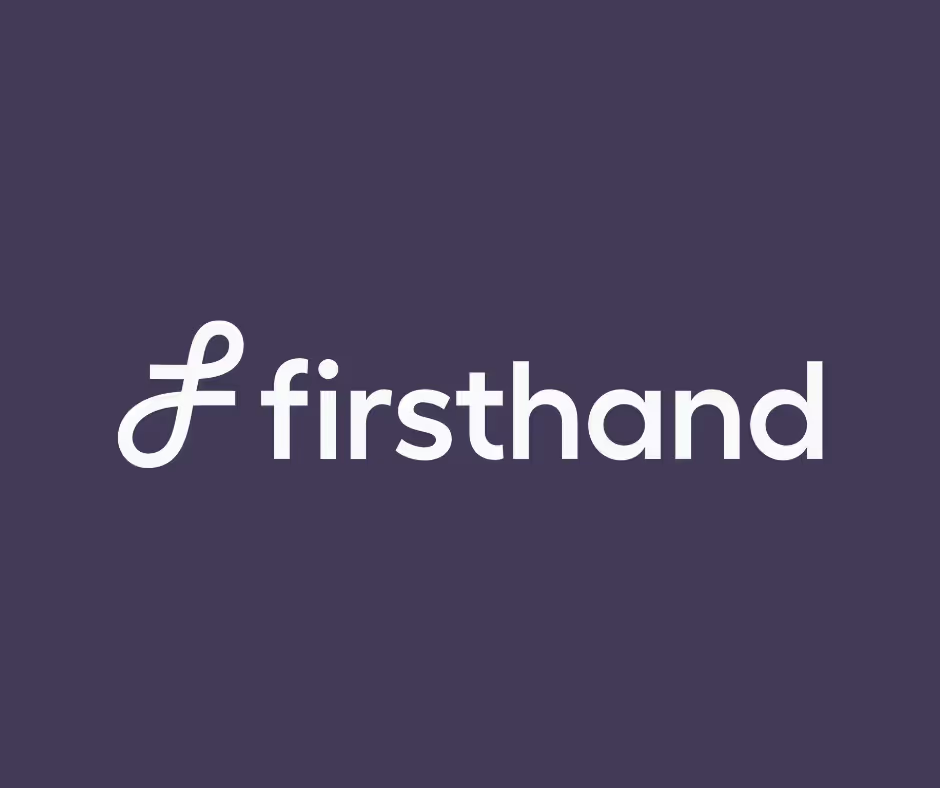
firsthand envisions a future where individuals living with serious mental illness receive the comprehensive, empathetic care they deserve, transcending traditional healthcare barriers through innovative peer-supported models.
We are devoted to pioneering whole-person care by integrating behavioral health, social supports, and healthcare navigation, harnessing the power of lived experience and technology to deliver personalized guidance that fosters stability, independence, and dignity.
Our mission is to transform the landscape of mental health care by bridging gaps, improving outcomes, and driving systemic change for historically underserved populations, committed to building a healthier, more inclusive society.
Our Review
We've been watching firsthand since their 2021 launch, and honestly, they're tackling one of healthcare's toughest challenges head-on. While most health-tech startups chase the easy wins, firsthand dove straight into serious mental illness care—a space that's notoriously complex and historically underfunded.
What caught our attention wasn't just their $43 million in funding (including a hefty $28 million round led by GV). It's their approach: peer support specialists they call "Health Guides" who actually understand what their clients are going through because they've lived it themselves.
The Peer Support Advantage
Here's where firsthand gets clever. Instead of another app or telehealth platform, they're using actual humans with lived experience to help navigate the maze of healthcare, housing, employment, and benefits. It's refreshingly analog in a digital-first world.
We love that their Health Guides have real autonomy to personalize care. No rigid protocols or one-size-fits-all approaches—just empathetic humans helping other humans figure out complex systems.
Real-World Impact, Real Challenges
The company's partnership with Molina Healthcare shows they're not just talking about scale—they're actually working with major Medicaid managed care organizations. That's no small feat when you're dealing with populations that traditional healthcare often struggles to serve effectively.
But we'd be remiss not to mention the speed bump they hit in 2025. Staffing cuts across multiple states due to payer contract challenges remind us just how tricky value-based care can be, especially in the Medicaid space where reimbursement models are constantly shifting.
Who This Really Serves
firsthand isn't trying to be everything to everyone—and that's smart. They're laser-focused on individuals with serious mental illness, particularly those on Medicaid. It's a population that's often overlooked by flashier health-tech companies, but represents a massive opportunity for meaningful impact.
The whole-person approach resonates with us too. They're not just treating symptoms; they're helping people navigate housing, employment, and social supports. It's messy, complex work that doesn't always fit neatly into venture-scale business models—but it's exactly what this population needs.
Feature
Peer-supported whole-person care model
Health Guides to navigate health and social systems
Coordination of benefits and connection to local resources
Personalized support for employment, housing, physical and mental health
Empathetic, flexible, and tailored approaches to care








